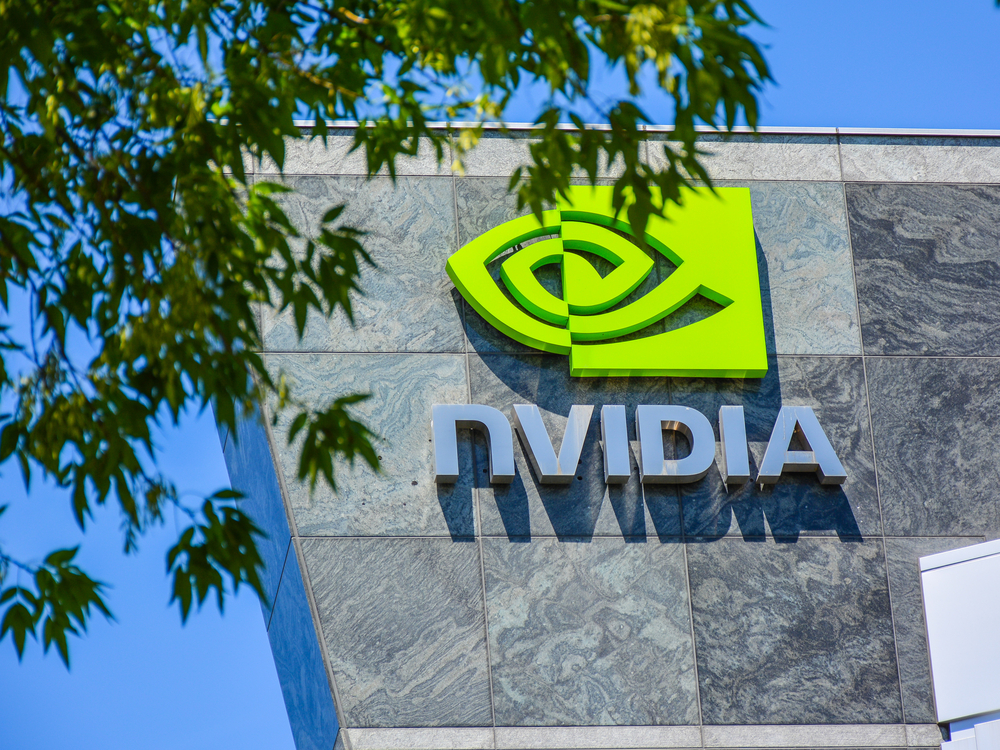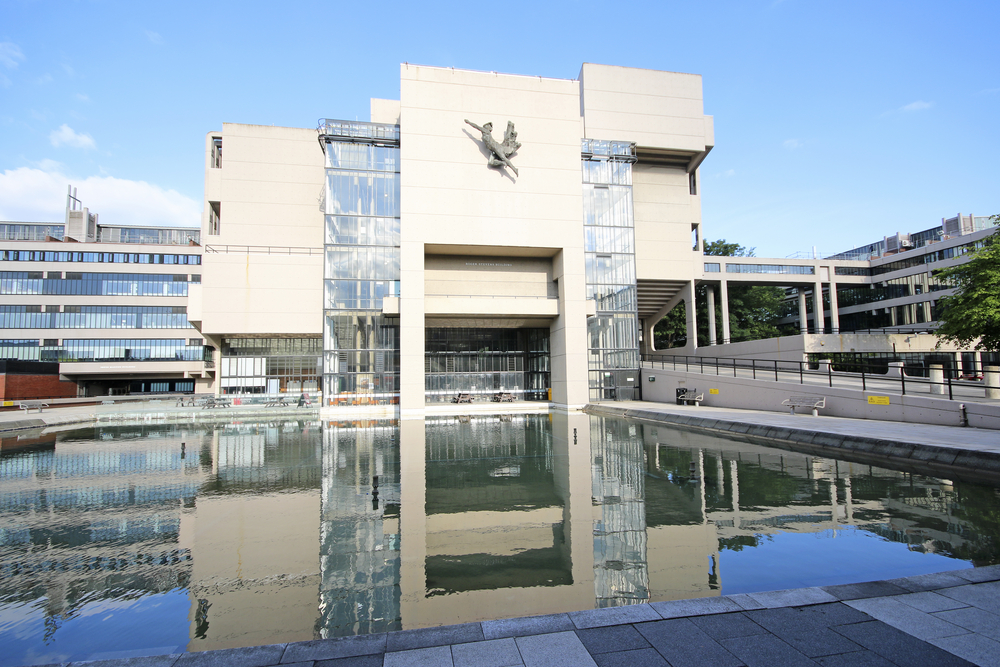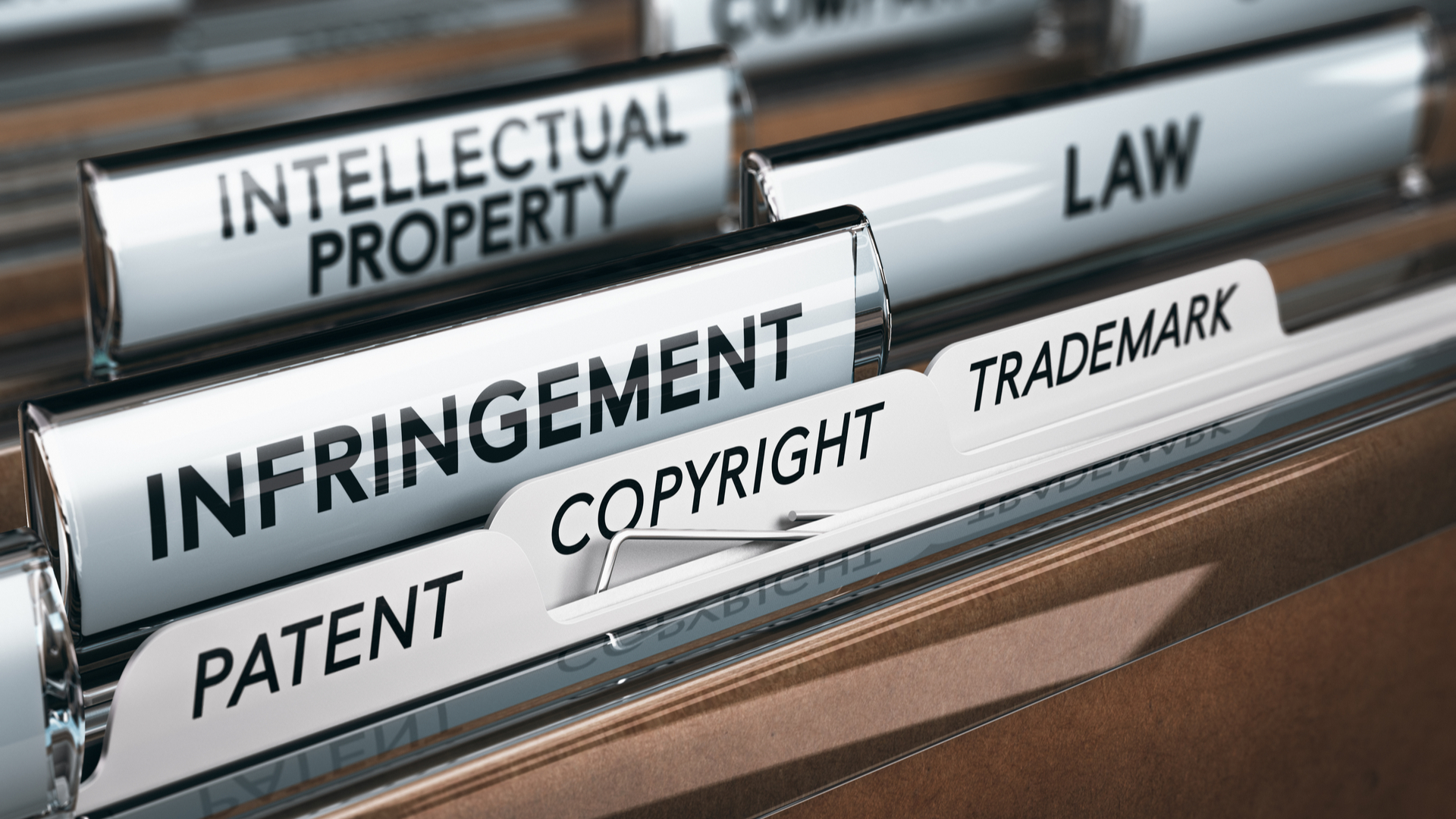Controversial copyright firm sets sights on UK
Rightscorp wants to bring its scare tactics into battle with UK pirates

US copyright agency Rightscorp wants to bring its notorious protection methods to Europe and the UK.
Working on behalf of its copyright holder clients, RightsCorp monitors popular torrent sites and tracks the IP addresses of frequent pirates. Once it has a target, it then forces the Internet Service Provider (ISP) to contact the owner of the IP address.
The letters demand the alleged pirate pay $20 (12) for each file they have illegally downloaded. If they refuse RightsCorp will then take them to court.
The agency has accrued over 60,000 court settlements so far in the US, and is looking to bring its successful strategy to European shores.
Sites like IsoHunt or The Pirate Bay are directly monitored by Rightscorp, using software that connects to a downloading user as another file-sharer. In the window of time when the peer is seeding their torrent, the monitor used by Rightscorp determines what has been downloaded and whether it infringes copyright.
Research from the University of Birmingham in 2012 has shown that it takes only around three hours for a user to be tracked by an enforcement agency, and with some adopting blackmail-esque tactics, copyright pirates should watch where they tread.
The last company to attempt something similar was Golden Eye International, which during 2012-2013 sent hundreds of settlement letters to O2 customers. Golden Eye's actions were eventually watered down and withdrawn due to a challenge by the Open Rights Group.
Sign up today and you will receive a free copy of our Future Focus 2025 report - the leading guidance on AI, cybersecurity and other IT challenges as per 700+ senior executives
Regarding the tactics employed by some copyright companies, a spokesman for the Federation Against Copyright Theft (FACT) told IT Pro: "FACT proactively protects property in television, film and media using legal matters. We prefer to target those running the illegal sites, not the end users."
Julian Heathcote Hobbins, general counsel at the Federation Against Software Theft (FAST), added that the work of teams like PIPCU has been successful against illegal sites. Tackling the source protects the user, he told IT Pro.
The IP addresses and peer-to-peer sharing information that RightsCorp gathers are by no means solid evidence in a court of law. Only if the recipient of a notice from the agency agrees to settle - an admission of guilt - will they be susceptible to punishment.
What do you think? Is all fair in love and downloads or should there be more stringent rules in place for companies that act like this?
-
 Hackers are using LLMs to generate malicious JavaScript in real time
Hackers are using LLMs to generate malicious JavaScript in real timeNews Defenders advised to use runtime behavioral analysis to detect and block malicious activity at the point of execution, directly within the browser
-
 Developers in India are "catching up fast" on AI-generated coding
Developers in India are "catching up fast" on AI-generated codingNews Developers in the United States are leading the world in AI coding practices, at least for now
-
 Truss seeks last-ditch SoftBank meeting over Arm IPO
Truss seeks last-ditch SoftBank meeting over Arm IPONews Gov said to want a dual New York-London listing, at the very least
-
 MI5 and FBI warn businesses over mass Chinese IP theft
MI5 and FBI warn businesses over mass Chinese IP theftNews The security services urged organisations to consolidate security practices and approach Chinese business relationships with caution
-
 IBM sues LzLabs for alleged patent infringement
IBM sues LzLabs for alleged patent infringementNews The Swiss-based company is also alleged to have swindled IBM's trade secrets to reap profits
-
 FTC sues to block Nvidia's Arm acquisition
FTC sues to block Nvidia's Arm acquisitionNews Deal for the UK-based chipmaker is now subject to an administrative trial in August 2022
-
 UK universities join forces to create startup investment group
UK universities join forces to create startup investment groupNews Leeds, Manchester and Sheffield universities form 'Northern Gritstone' to fund businesses borne from academic research
-
 UK watchdog says Facebook's Giphy acquisition may stifle competition
UK watchdog says Facebook's Giphy acquisition may stifle competitionNews The CMA says the deal may limit market access to a popular service
-
 Trump pardons convicted ex-Google engineer Levandowski
Trump pardons convicted ex-Google engineer LevandowskiNews Driverless car expert "grateful for the opportunity to move forward" after his 18-month prison sentence is nullified
-
 Ex-Uber exec accused of stealing IP secrets to found London tech startup
Ex-Uber exec accused of stealing IP secrets to found London tech startupNews Lawsuit claims former exec stole trade secrets from a US-based logistical firm